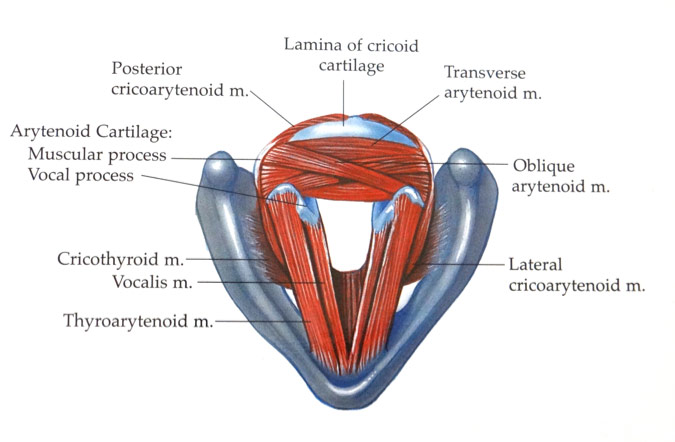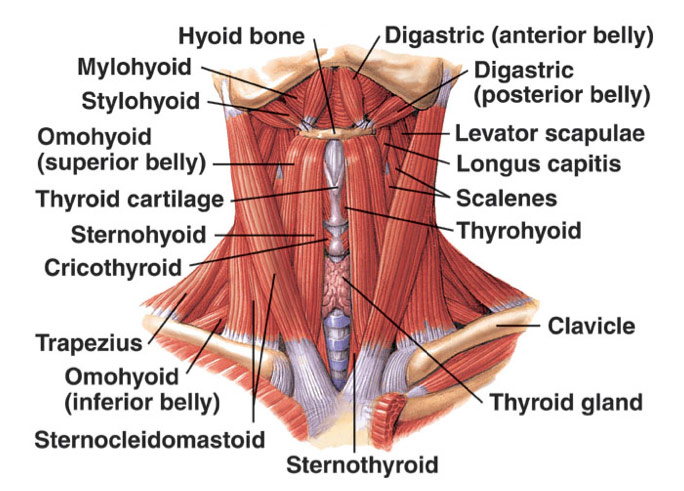
My voice is easily fatigued. Is there something wrong with me?
Question: I am a professional singer and take part in many studio sessions. I have good technique and have taken voice lessons for years, but I still feel as though my voice becomes fatigued very quickly. Lately, it seems as though my voice becomes fatigued even after a few minutes. Is there something wrong with me?
Discussion:
Vocal fatigue is a common complaint among professional voice users. These individuals often include actors, singers, teachers, speakers, lawyers etc. Professional voice users tend to have substantially higher vocal demands than others. The vocal demands of this group all too often lead to vocal misuse and abuse, even among those with voice training.
Patients with vocal fatigue are often dismissed because their vocal folds look normal; since their symptoms cannot be explained by any physical findings, they’re told there is no problem.
In some instances of vocal fatigue without clear pathology, providers sometimes resort to inaccurate diagnoses, such as acid reflux (laryngopharyngeal reflux). This is in an effort to provide the patient with an answer, even if it is incorrect. In these scenarios, acid reflux medication is prescribed, leading to little change in the patient’s vocal fatigue.
This should alert the patient that there has been an error in diagnosis. Proper evaluation should be sought because there is a persistent symptom that has not been addressed.
Vocal fatigue can result from many causes, but when the vocal folds appear normal, fatigue is most often due to muscle tension dysphonia (MTD). MTD is the improper use of laryngeal and extrinsic muscles of the larynx and neck.


Phonation is normally achieved by using the internal (intrinsic) laryngeal musculature to open (abduct) and close (adduct) the vocal folds. Occasionally, the external (extrinsic) musculature can be erroneously engaged. This typically happens during periods of strenuous voice use, such as shouting, speaking or singing while ill, speaking or singing incorrectly, or not performing a proper warm-up. When the extrinsic musculature of the larynx is overly involved in voice production, the voice can feel tired because these muscles are not designed to be used for voice production. This is known as muscle tension dysphonia.
Treatment of vocal fatigue or MTD is voice therapy by a certified Speech-Language Pathologist with additional fellowship training in voice therapy. If left untreated, vocal fatigue or MTD can lead to complications including nodules, polyps, cysts, hemorrhage, and chronic laryngitis. Treatment and recovery time is usually more effective when diagnosed early. Seek evaluation if you have symptoms that have not been adequate evaluated and explained.
All cases of chronic vocal fatigue should be evaluated by a qualified laryngologist and voice therapist team. Proper imaging should also be obtained through videostroboscopy when diagnosing vocal fatigue. Once definitive diagnosis has been made, a trained voice therapist should initiate specialized therapy.
Please contact the Osborne Head and Neck Institute to learn more about vocal fatigue.



